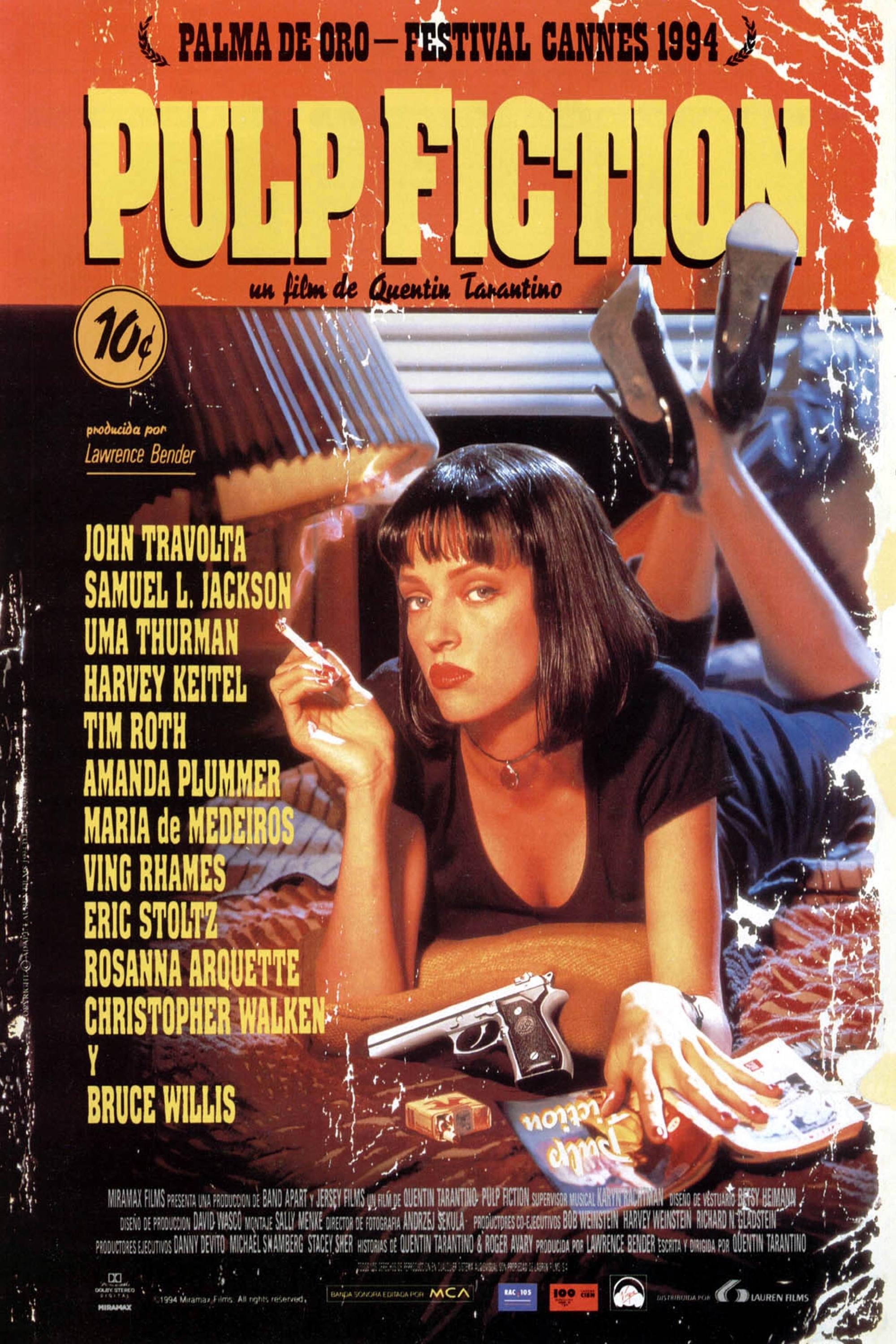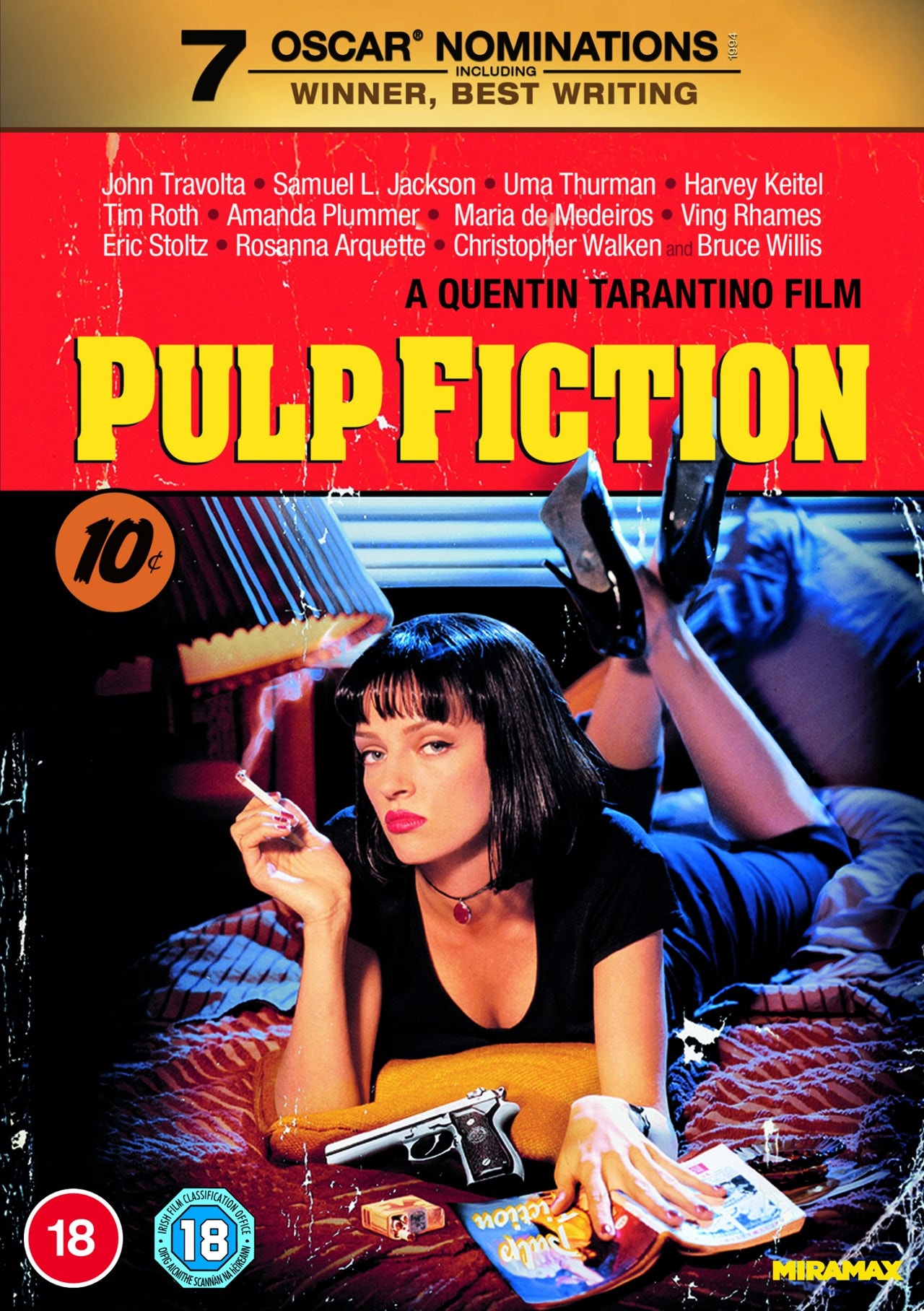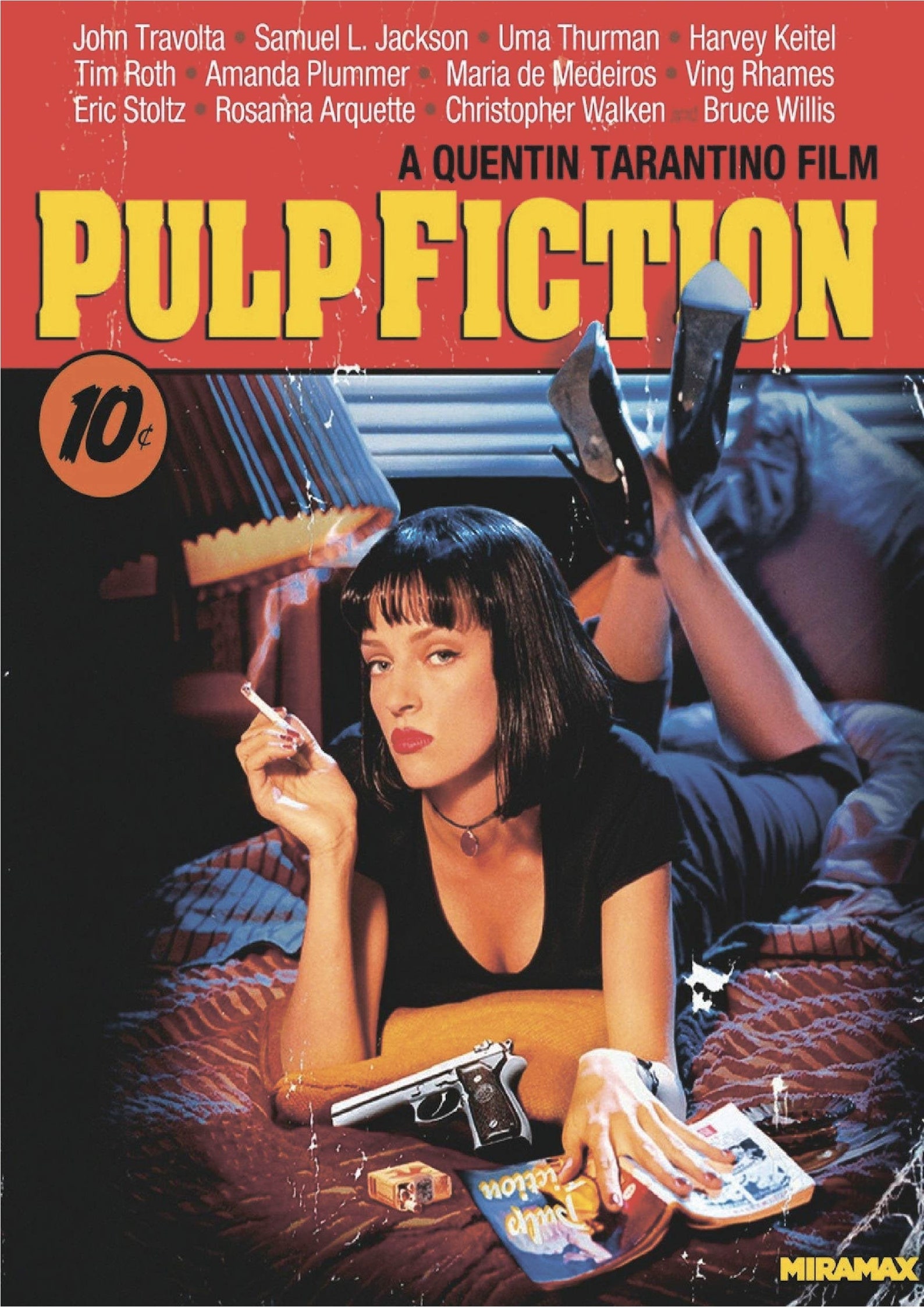
The fourth genre that is often mentioned in relation to Pulp Fiction is the so-called assassin genre. Nonetheless, it might just be an attempt at applying the motifs of film noir in the different settings to show how the noir (blackness) is really in the characters themselves. However, although Pulp Fiction is deeply immersed in criminal themes, the bright and lively atmosphere is a direct reversal of that from noir films so that important element is lacking. Neo-noir films were aimed at reviving and revising the tradition of the classic noir films which dealt with criminal themes and had a very gloomy, dream-like atmosphere. The third genre label that critics often ascribe to the film is neo-noir. In addition, absurd situations are often used to this aim like in a situation when Vincent Vega accidentally shoots the character named Marvin in the face in the middle of a conversation and the absurdity of the situation is just staggering to the pointed laughter. Jackson who added immensely to the impact of the film with his black vernacular dialect pervaded by witty remarks and even some memorable monologues. Humoristic elements are mainly introduced in the character of Samuel L. Secondly, very often people label Pulp Fiction as a comedy, and in particular dark comedy and humor have a lot of space in the film.

The film explores the lives of the people within a gang their relationships and moral dilemmas which are all characteristics of a gangster film.
PULP FICTION MOVIE MOVIE
The plot of the movie revolves around a gang led by a dangerous criminal Marsellus Wallace (Ving Rhames) the members of the gang are also Vincent Vega (John Travolta) and Jules Winnfield (Samuel L.

The elements of this genre in Pulp Fiction are obvious. This genre was very popular in the second part of the twentieth century and its popularity culminated with The Godfather.

The title Pulp Fiction itself suggests that the movie is a postmodernist attempt to make an artistically valuable movie on the basis of the lowest form of genre fiction by deleting the genre boundaries.įirst off, even though there is no dominant genre in the film, probably the first association as to the genre of Pulp Fiction is the gangster genre. Postmodernism, in accordance with its philosophical foundations, breaks away from this distinction between high and low fiction and at the same time deletes the boundaries of genre. In addition, there existed a division between this genre of fiction, also called “low fiction” and “high fiction” which did not have strictly defined genres and was intended for a highly educated, intellectual audience. Those works had strictly defined genres because they were targeted at the audience with preformed tastes for a specific genre. Specifically, in film and literature, modernism, against which postmodernism is a reaction, brought about an explosion of works that could be called genre fiction because they were produced for the needs of the market. One might begin by relating postmodernism as a general phenomenon in philosophy and art to the problem of genre. In Pulp Fiction, Tarantino introduces postmodernism into cinema, a form of art in which it will probably get its best manifestation, and one of the main characteristics of postmodern fiction, in general, is the lack of genre boundaries. Filmed in 1994, Tarantino’s masterpiece, according to many critics marks the beginning of a new era of cinema, an era in which good films simply transcend the genre barriers. However, when discussing genre in films, Pulp Fiction is perhaps the most interesting one for the topic. It might seem like a completely impossible task to try to classify Tarantino’s Pulp Fiction as belonging to one specific genre and it will not be attempted in this paper.


 0 kommentar(er)
0 kommentar(er)
